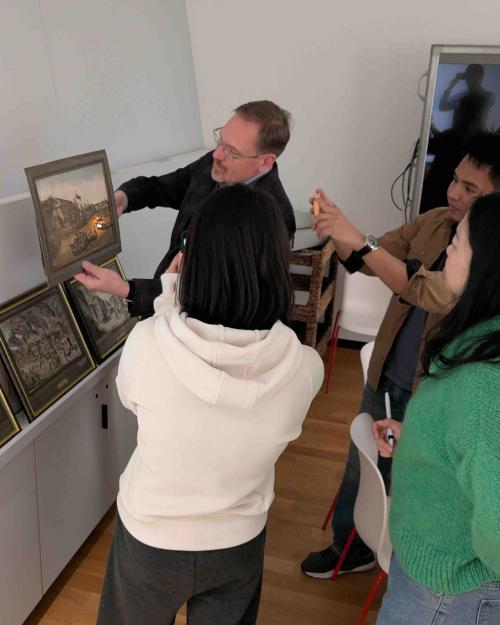Meta will stop using third-party fact checkers on Facebook, Threads and Instagram and instead rely on users to add notes to posts.
Gordon Pennycook, associate professor of psychology in the College of Arts & Sciences, studies misinformation and has investigated various interventions on social media, including accuracy prompts, fact-checking or debunking, crowdsourcing, and labeling or warnings.
Pennycook says: “Although research supports the idea that crowdsourcing fact-checking can be effective when done correctly, it is important to understand that this is intended to supplement fact-checking from professionals – not to replace it. The extent to which layperson evaluations can be used to inform fact-checking depends entirely on the underlying quality of the information that the laypeople are being exposed to.
“In an information ecosystem where misinformation is having a large influence, crowdsourced fact-checking will simply reflect the mistaken beliefs of the majority. I support using crowdsourced fact-checking, but removing third-party (professional) fact-checking strikes me as a major mistake.”
For interviews contact Becka Bowyer, cell (607) 220-4185, rpb224@cornell.edu.




